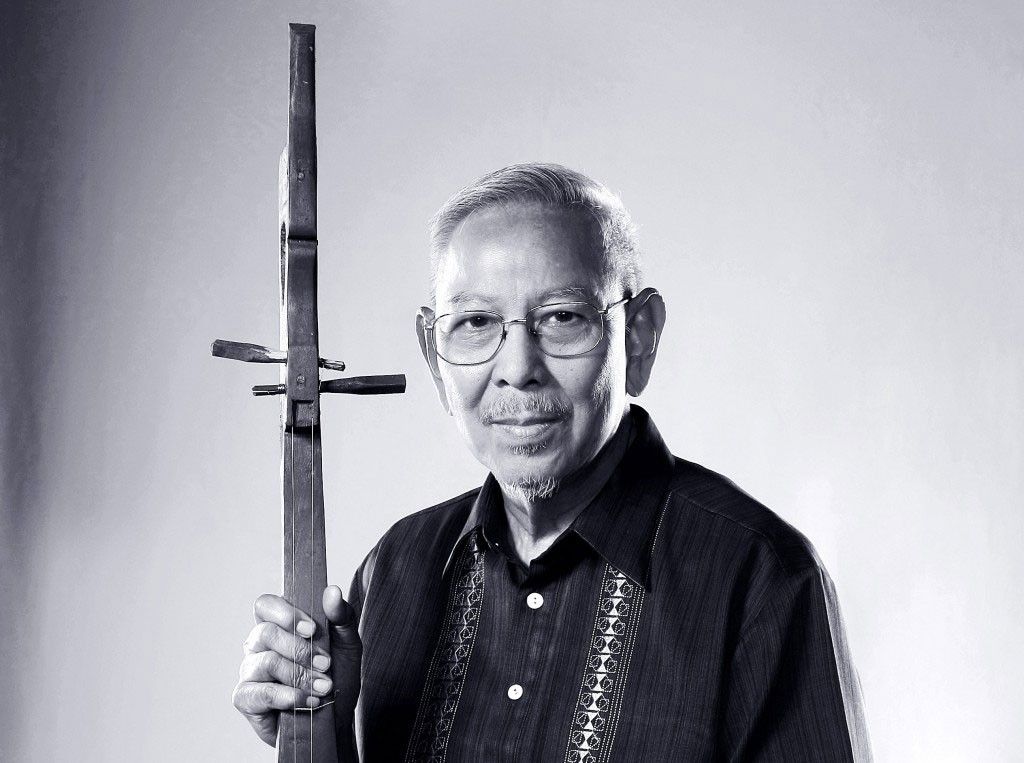Nat’l artist urges gov’t to preserve ethnic music

MANILA, Philippines — Ramon Santos, National Artist for Music, urged the government to lead the efforts in preserving the country’s ethnic music.
“I think the government is the main what?” Santos told The STAR last Thursday.
He said the Department of Education (DepEd) could do its part to teach and give meaning to pieces of music from the country’s various ethno-linguistic groups.
Mass media could also help promote cultural music, since it plays an important role in disseminating information.
Some of the country’s ethnic music have vanished primarily due to colonization and the lack of practice by locals, Santos noted.
“A lot has been lost, been forgotten because culture is said to be alive and developing, that is why they vanish,” he said.
Santos, a composer and former dean of the University of the Philippines College of Music and director of the UP’s Center for Ethnomusicology, had delivered a lecture for the annual Lekturang Norberto Romualdez of the Komisyon sa Wikang Filipino (KWF) at the Vargas Museum in Diliman, Quezon City.
He said ethnic music in the country has been classified into seven groups, mainly based on topography and customs.
Some of the ethnic groups have kept their musical traditions in the form of ancient instruments and forms of oral music like epics and folk songs, while others have been heavily influenced by foreign traditions, particularly of the Indian, Chinese and Arab traders and from Spanish and American colonizers who once ruled the country, Santos said.
The country’s ancient music, rooted in tradition of Southeast Asia, had been the source of community expression and of cultural identity, he noted.
Meanwhile, KWF chairman and concurrent National Commission for Culture and the Arts (NCCA) chairman Virgilio Almario, also a National Artist for Literature, cited the agency’s efforts to promote and preserve the country’s traditional music.
“During April, which is declared as the Month of Filipino Literature, we also line up projects aiming to promote traditional music,” he told The STAR.
KWF is also extending support for certain groups, like those who create gongs or metal percussion instruments, he added.
He also believed that aside from government, academic institutions are doing their part in promoting and keeping traditional music.
The KWF’s lecture – now on its fifth year – honored the late former Supreme Court associate justice Norberto Romualdez, who was born on June 6, 1875 and who wrote Batas Komonwelt 184 that established the Surian ng Wikang Pambansa or the current KWF during the Commonwealth period.
Romualdez was also known to be a musician, having researched about ethnic music and published the book “Filipino Musical Instruments and Airs of Long Ago” in 1931.
- Latest
- Trending
































